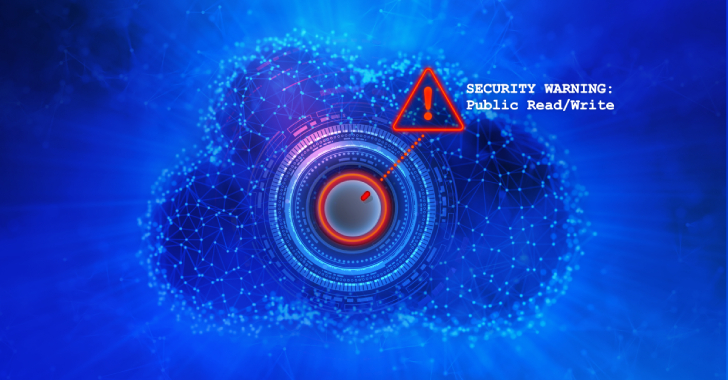
Why You Shouldn’t Ignore ISO 27001 Risk Assessments
When it comes to safeguarding your organization’s information assets, risk assessment stands tall as one of the most pivotal components. ISO 27001, a globally recognized standard for Information Security Management Systems (ISMS), emphasizes the importance of risk assessments as a key step in the process. Yet, despite its critical nature, some organizations either sideline or poorly execute this step, exposing themselves to potential security breaches. Here’s why paying attention to ISO 27001 risk assessments is not just a good idea – it’s essential.
- Tailored Security Controls
Unlike a one-size-fits-all approach, ISO 27001 operates under the principle that every organization has a unique set of risks based on its operations, size, nature, and other factors. The risk assessment allows organizations to identify, prioritize, and manage these risks by recommending security controls that are tailored to their specific circumstances. This customized approach ensures that resources are allocated efficiently, focusing on areas with the highest risk.
- Stakeholder Confidence and Brand Reputation
Customers, partners, and other stakeholders are increasingly savvy about data security. When an organization can demonstrate that it has performed a comprehensive risk assessment based on ISO 27001, it builds trust. Conversely, if a data breach occurs and it’s revealed that a risk assessment was ignored or inadequately performed, the reputational damage can be immense. The aftermath of a breach can involve loss of customers, legal penalties, and the cost of damage control – all of which far outweigh the resources required for a thorough risk assessment.
- Compliance and Regulatory Requirements
Around the globe, data protection regulations like GDPR in Europe or CCPA in California are mandating stricter controls over personal data. These laws frequently entail that organizations adopt rigorous risk management practices. Ignoring ISO 27001 risk assessments can result in non-compliance, leading to hefty fines and other penalties. By adhering to this standard, businesses can often simultaneously meet multiple regulatory requirements, making it a win-win.
- Informed Decision-making
At its core, a risk assessment provides invaluable data about the organization’s vulnerabilities. Leaders can make informed decisions about where to invest in security measures, which threats to prioritize, and what policies or procedures need to be updated. Without this foundational knowledge, organizations can end up making reactive decisions, constantly firefighting problems rather than proactively mitigating them.
- Cost Savings
It’s a simple principle: prevention is less expensive than cure. Investing in a risk assessment can pinpoint vulnerabilities before they’re exploited, preventing potential data breaches. The cost of addressing a single breach – considering legal fees, penalties, recovery operations, and reputational damage – can dwarf the investment required for a comprehensive risk assessment and subsequent security enhancements.
- Continuous Improvement
ISO 27001 doesn’t view security as a one-off activity. Risk assessments are meant to be iterative, leading to a cycle of continuous improvement. As technology evolves, so do the threats. Regular risk assessments ensure that an organization’s security posture adapts and evolves in tandem with the shifting landscape.
- Holistic View of the Organization
Risk assessments under ISO 27001 don’t just focus on IT infrastructure. They consider the entirety of an organization’s operations, from human resource policies to physical security. This holistic approach ensures that no stone is left unturned, and vulnerabilities in seemingly unrelated areas are not overlooked.
Conclusion
The digital world is fraught with risks. Hackers are always on the prowl, looking for any vulnerability to exploit. Regulations are tightening, and stakeholders are demanding better data protection. Amidst all this, ISO 27001 emerges as a beacon of structured, comprehensive, and effective risk management.
Ignoring the risk assessments prescribed by this standard is akin to navigating turbulent waters without a compass. It’s not just about ticking a box; it’s about safeguarding valuable assets, maintaining stakeholder trust, and ensuring sustainable operations in an increasingly interconnected world.
To stay ahead of threats, ensure compliance, and foster a culture of security awareness, organizations must embrace ISO 27001 risk assessments with the seriousness and rigor they demand. After all, in the battle against cyber threats, being prepared is half the victory.
Contact Cyber Defense Advisors to learn more about our ISO 27001 Risk Assessment solutions.





